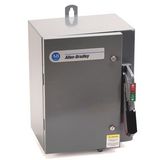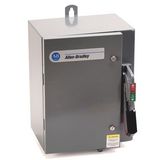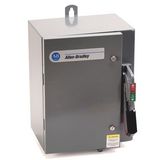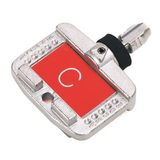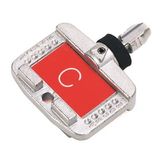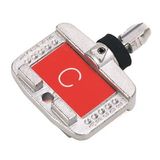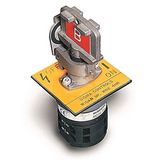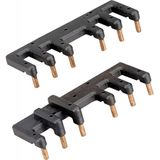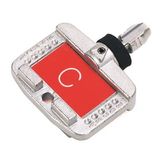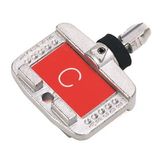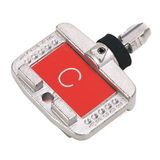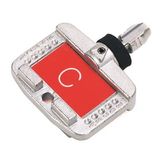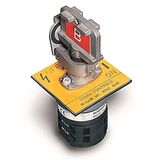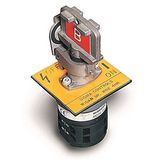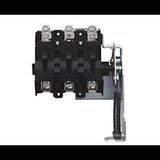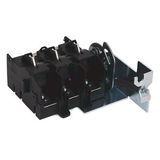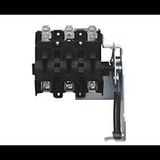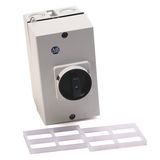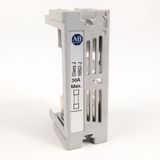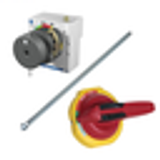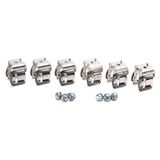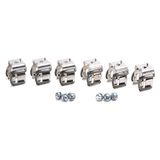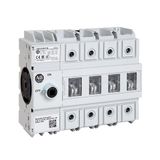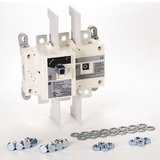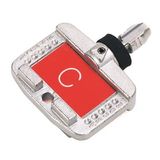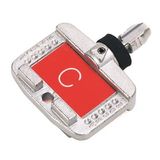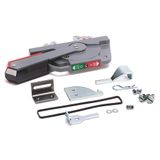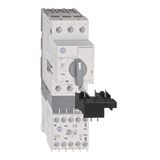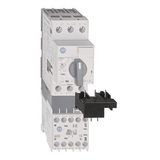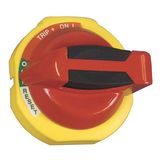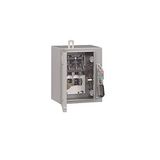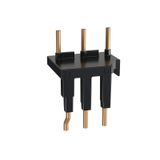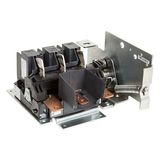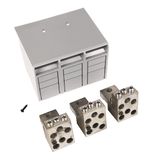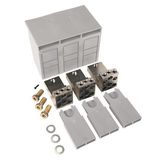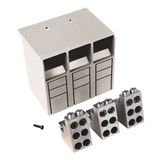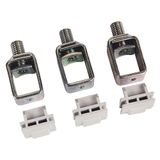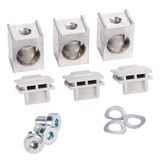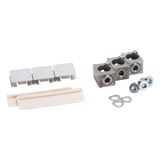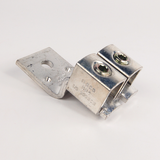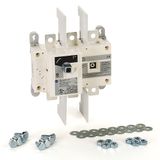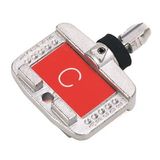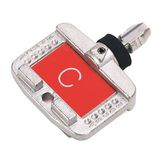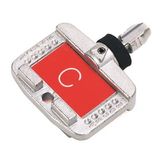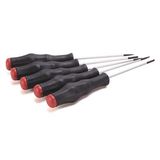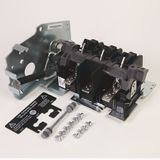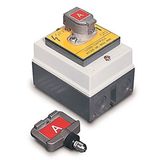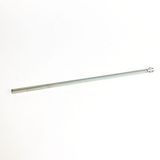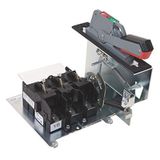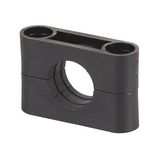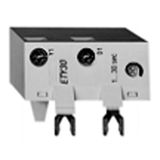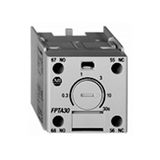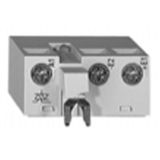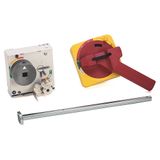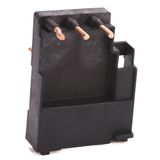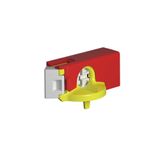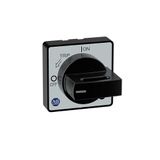Allen-Bradley Switch Disconnectors
Allen-Bradley Switch Disconnectors
Switch disconnectors are one of those “invisible but crucial” parts of industrial electrical systems. You might not see them in daily operation — but when you need to isolate, service, or shut down a section safely, Allen-Bradley switch disconnectors are the gear you want. They’re built not just to break circuits, but to do so cleanly, reliably, and in harsh conditions.
What is a switch disconnector — and why it matters
A switch disconnector (sometimes called an isolator switch or non-fused disconnect) is designed to safely separate a circuit when power is off or for maintenance. It must hold off when closed, open reliably when needed, and tolerate fault conditions without damage. Allen-Bradley’s range covers exactly that spectrum.
In modern automation and control panels, you often see multiple circuits sharing panels. Each circuit needs a clean cutoff — and that’s where these disconnectors shine.
Key types and what they do
Here’s a breakdown of the common Allen-Bradley disconnectors you’ll see in panels, switchgear, and motor control setups:
- Allen-Bradley isolator switches — basic manual switches for isolation without fusing. Good for safety interlocks or maintenance bypass.
- Allen-Bradley load break switches — rated to interrupt load currents under specified conditions. Useful for switching under some load, not just dead isolation.
- Allen-Bradley main switch disconnector — heavier duty variant, often used as the main feed cut-off in a panel.
- Allen-Bradley non-fused disconnect switch — a disconnect without internal fuse elements; ideal when upstream or downstream protection already exists.
- Allen-Bradley motor isolator — designed for motor circuits, often with better making/breaking capacity and compatibility with motor loads.
- Allen-Bradley door-mounted disconnect — mounted inside or on the door of an enclosure, making the switch easily accessible without opening the panel body.
- Allen-Bradley rotary disconnect switch — a rotary handle type, often visually clear (handle moves 90° or more) so you instantly see ON / OFF position.
- Allen-Bradley 3-pole disconnector — for three-phase circuits, all poles open together.
- Allen-Bradley enclosure disconnect — a disconnector built into or integrated with a protective enclosure (weatherproof or industrial rated).
Each type fills a niche in electrical design. You pick based on where the switch lives, what load it sees, how often it’s used, and how fast it must interrupt.
What makes Allen-Bradley’s disconnectors worth using
Here’s what you actually feel when you install one:
- Mechanical solid feel — handles, shafts, contacts are all built with precision so there’s no “slop.”
- Clear ON / OFF positions — often with visual indication (handle or marker) so someone walking by can see the status.
- Good contact materials — copper alloys or silver contacts to resist wear or pitting.
- Arc-chambering or insulation design — so when a switch opens under load or fault, the arc is confined or extinguished safely.
- Mounting flexibility — in panels, on doors, as standalone enclosures.
- Consistent footprint — allowing replacements or upgrades without redoing panel cutouts.
- Safety rated enclosures — IP ratings, weather protection, insulation levels.
Because these switches are often the gateway to power, they must look and feel premium. Allen-Bradley makes sure they deliver.
Practical tips for selection & installation
- Always match voltage, current, and short-circuit (fault) ratings — never oversize by too much, but don’t undercut.
- Consider whether you need fused vs non-fused versions.
- For motor applications, you may need a load-break or motor isolator that handles inrush or current surges.
- Use door-mounted or rotary versions where space is tight or panel arrangement demands.
- Provide clear indication — handle markings, labels, positions so maintenance staff know which circuit is disconnected.
- Plan wiring space — disconnectors need room behind them for cables, terminal lugs, bending radii.
Bank of Lamps: your source for Allen-Bradley disconnectors
At Bank of Lamps, we stock the full Allen-Bradley switch disconnectors line: isolator switches, load break switches, main switch disconnectors, non-fused disconnects, motor isolators, door-mounted, rotary, 3-pole, and enclosure integrated versions.
We support B2B and wholesale orders across Europe — Germany, Netherlands, France, UK, Spain, Baltics — with datasheets, factory specifications, and stock transparency.
If you’re building power panels, motor control centers, or distribution systems, these Allen-Bradley disconnectors are the backbone of safe, maintainable installations.
